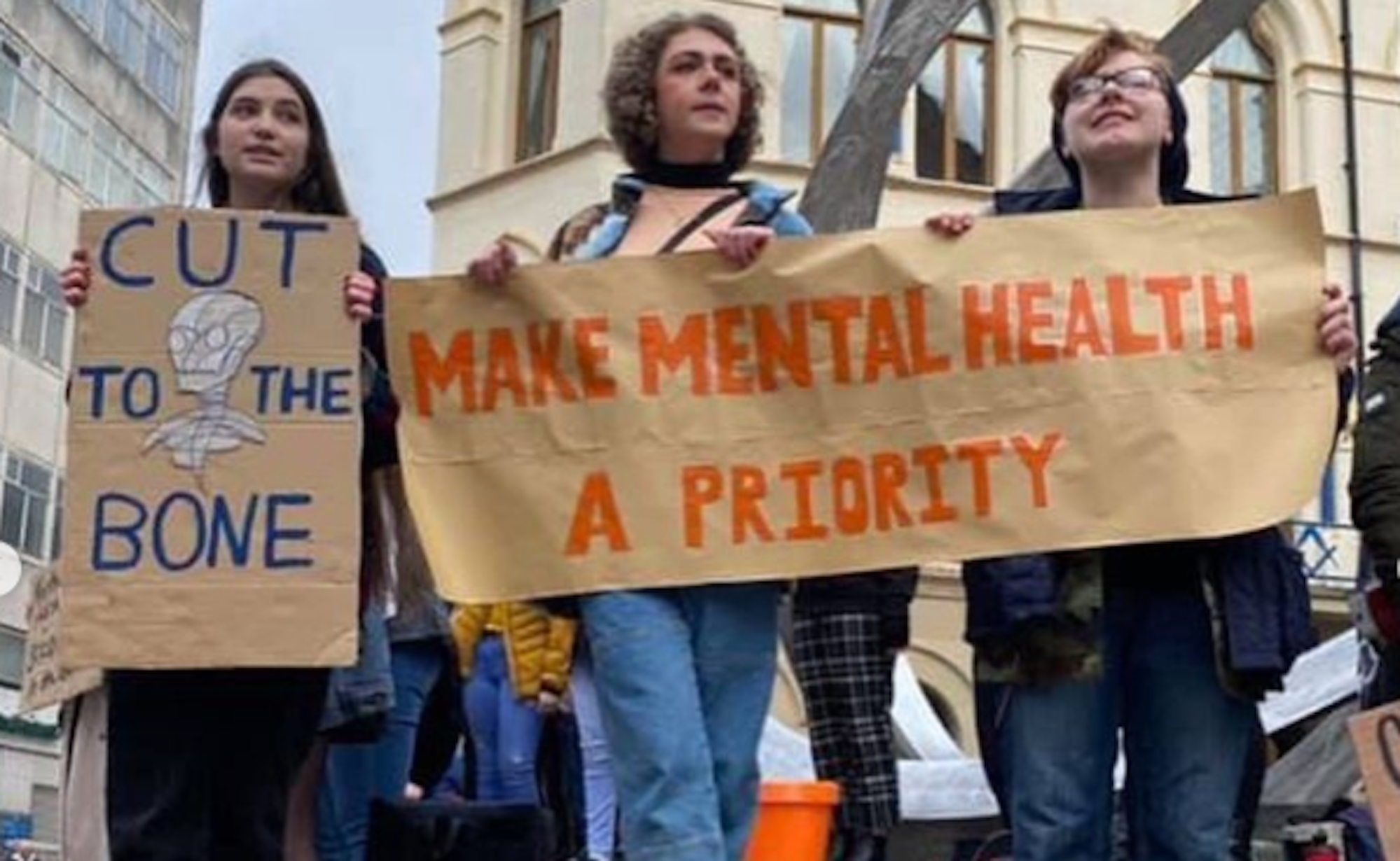Statistics often arise some years after an event passes, but in the unprecedented circumstances of this hideous year, we’re getting a real insight into how we’re collectively reacting to the world falling apart as it happens. Most recently? A study has confirmed what we’ve known some time already: generation Z are the demographic who’ve been hit hardest mentally by the events of 2020.
Conducted by the American Psychological Association, the annual Stress in America survey speaks to people across all demographics of age, race, gender and sexuality in America. Their most recent survey found that the environment in which young people are being shaped, in preparation for adulthood, is making them increasingly more anxious and depressed. The mishandling of the pandemic has led to the deaths of their elderly relatives or caregivers. The economy, subsequently, has tanked, and there’s less likelihood that they can graduate school or university, go into full time employment, or own a house one day.
Simultaneously, the effects of systemic oppression, of both Black people, who are subject to widespread violence and discrimination, and women, whose bodies and reproductive rights are abused, has thrown the concept of freedom and jeopardy into question. And while older generations have historically adopted a “this, too, shall pass” mentality, young people are more questioning: How could the world have come to be like this? And how are we supposed to solve those very same problems, ones that were made for us by generations past?
The statistics in the report are scary. Half of young generation Z teens have said that the pandemic has affected their outlook on their future, with a similar number saying that it’s made their futures seem downright “impossible”. Nearly 8 in 10 state that the future of their nation causes them stress, adversely affected by the rise of far-right politics. And the direct issues affect them the most: 62% are stressed by rising suicide rates. The reportage surrounding #metoo and sexual harassment cases worries 58% of them, and abortion law is affecting around half of these people. In all cases, the gen Z stress figures are higher than those of Gen X, boomers and older adults. 34% of them say they’re more stressed, depressed or anxious now than they were at this time last year.
It boils down to the idea of failure from those who came before us. A failure to protect the livelihoods of a generation who are forced to grow up faster into a world that — based on how it’s been treated by their forefathers — won’t be fit for use by the time they raise their own children. The pandemic has exposed cracks in the system of what we see as infallible personal investments. The things we love are, for the time being at least, no more.
But there is hope. Right now, the younger generations have a greater access than ever to information that can shift agendas, and methods of communication that can utilise the possibilities of power in numbers, like the internet. Though we celebrate any kind of progress, the obstacles nowadays are only greater; the institutions older and harder to dismantle, meaning that seeking justice and inciting change feels like it requires twice as much work. But it is possible, because generation Z possesses the ingredients and the motivations to collectively make a change. Spending their lives in the news cycle and fighting back against voices in power might be leading them into a poorer place for their mental health, but it’s a long term battle that, with time, will pay off. For now, though, don’t forget that you can disconnect from the horrors of the world for a short while to reset, and still be an activist or an ally. Our minds weren’t built for 24/7 bombardment. Switch off when you feel like you’re struggling mentally, or speak to someone. It’s the long-term fight that matters the most.
If you find yourself struggling with any of the issues discussed in this article, call or text 116 123 to speak to Samaritans.


